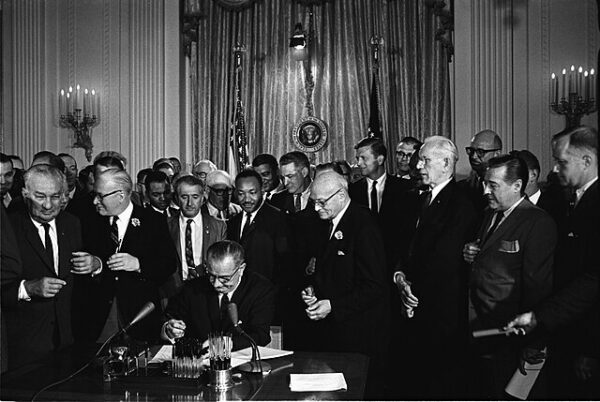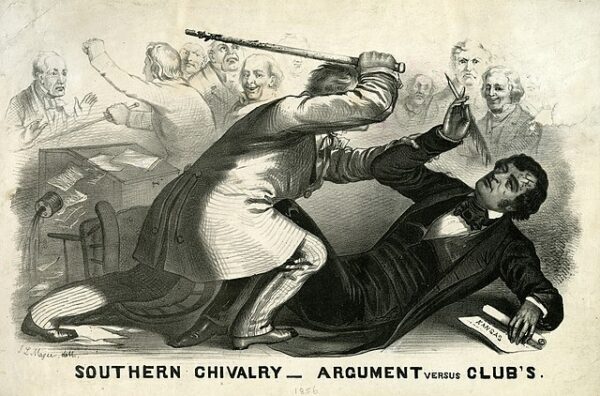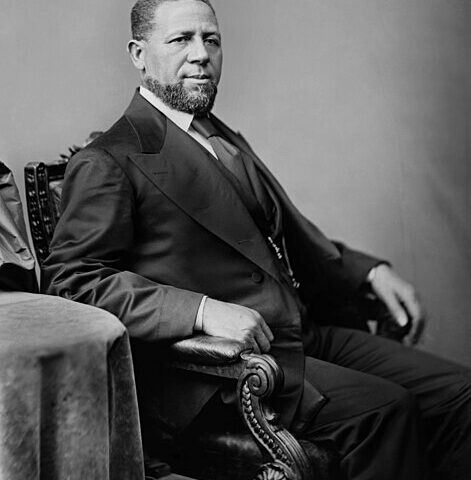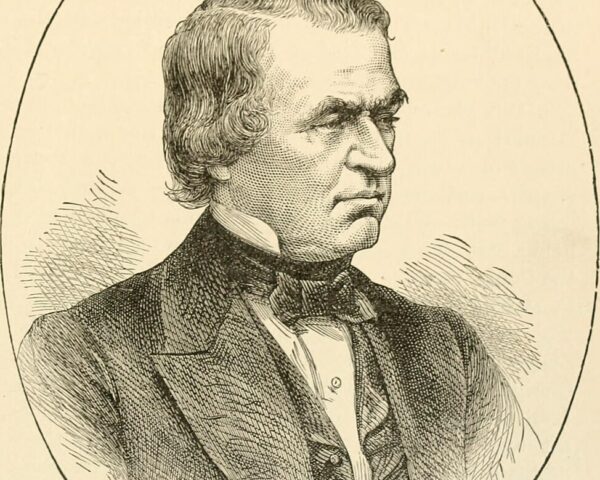In the spring of 1964, the United States Senate found itself in the throes of a historic struggle. For 75 grueling days, a filibuster, the longest in Senate history, had paralyzed the chamber, blocking the passage of the Civil Rights Act. Southern senators, determined…
Read MoreOn May 22, 1856, the United States Senate chamber witnessed a shocking and violent episode that reflected the intense sectional tensions of the antebellum era. Congressman Preston Brooks of South Carolina brutally assaulted Senator Charles Sumner of Massachusetts with a cane, an event that…
Read MoreOn March 7, 1850, Senator Daniel Webster of Massachusetts delivered one of the most significant speeches in American history, later known as the “Seventh of March” speech. Speaking at a time of deep national division, Webster endorsed the Compromise of 1850, a contentious set…
Read MoreOn February 25, 1870, Hiram Rhodes Revels of Mississippi made history by becoming the first African American to serve in the United States Senate. This moment was not just symbolic—it was a groundbreaking achievement that reflected the fragile but significant progress of Reconstruction, a…
Read MoreOn February 24, 1868, Andrew Johnson, the 17th President of the United States, became the first president ever impeached by the House of Representatives, marking a pivotal moment in American political history. This event was not just the result of partisan rivalry; it emerged…
Read More





